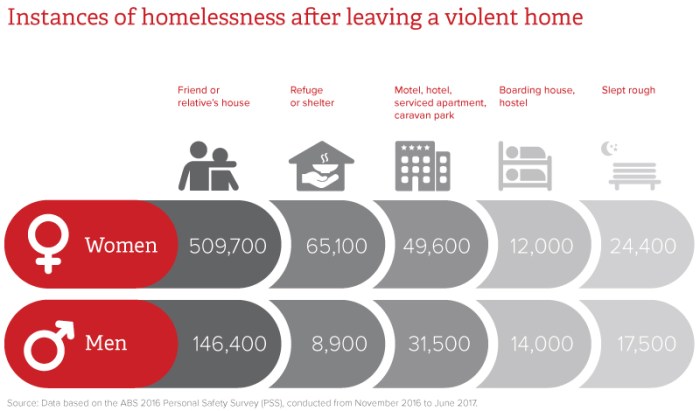Family violence is typically studied through this perspective – Family violence, a pervasive societal issue, has been extensively studied through various perspectives, each offering unique insights into its complexities. Among these, the feminist perspective has played a pivotal role in shaping our understanding of family violence, emphasizing the significance of gender inequality and power dynamics.
This perspective has profoundly influenced research and policy, leading to a more nuanced comprehension of the underlying causes and consequences of family violence. It has also highlighted the need for intersectionality, considering factors such as race, ethnicity, sexual orientation, and socioeconomic status, to fully grasp the diverse experiences of victims and perpetrators.
Historical Perspective: Family Violence Is Typically Studied Through This Perspective

Historically, family violence has been primarily studied through the lens of sociology and psychology.
The sociological perspective focuses on the social and cultural factors that contribute to family violence, such as poverty, inequality, and gender roles. The psychological perspective, on the other hand, emphasizes the individual and family dynamics that lead to violence, such as personality traits, mental health issues, and childhood experiences.
While these perspectives have provided valuable insights into family violence, they have also been criticized for their limitations.
General Inquiries
What are the limitations of traditional sociological and psychological perspectives on family violence?
Traditional perspectives often fail to fully account for the role of gender and power dynamics, which are central to understanding the causes and consequences of family violence.
How does the feminist perspective contribute to our understanding of family violence?
The feminist perspective emphasizes the importance of gender inequality and power imbalances in understanding the dynamics of family violence. It highlights the ways in which patriarchal norms and societal expectations contribute to the perpetuation of violence within families.
Why is intersectionality important in studying family violence?
Intersectionality recognizes that individuals experience family violence in unique ways based on their multiple identities, such as race, ethnicity, sexual orientation, and socioeconomic status. By considering these intersecting factors, we can better understand the specific vulnerabilities and challenges faced by different groups.


